British firm sues govt over waste project

SHARE THIS PAGE!
A British-owned company granted exclusive rights to control and process all waste in the country is suing the government, claiming it has been hindered from executing its duties as per a 25-year contract signed in 2019.
Prime Enviro Energy Pty (Ltd) Lesotho, a company that was managed by a British businessman, Peter Smith, now deceased, was awarded an exclusive 25-year all-waste project agreement for management and processing of waste into energy and various products by the then ministry of local government and chieftainship affairs.
The contract was signed during former prime minister, Thomas Thabane’s administration.
As per the agreement, the government was expected to contribute M4.9 million, with Prime Enviro Energy expected to contribute M5.1 million.
Apart from creating jobs for Basotho, the project was supposed to remit 10 percent of its profits annually after the first two years of commissioning, to the local government ministry.
This was revealed this week during the parliamentary Public Accounts Committee (PAC) meeting with the ministry of local government, home affairs and police.
The contract was signed by the then principal secretary in the ministry of local government and chieftainship affairs, Khothatso Tšooana, in the presence of then Maseru City Council Town Clerk, Moeko Maboee, as witness.
As part of the deal, Prime Enviro Energy would be engaged in turnkey projects in Butha-Buthe, Leribe, Maseru and Mafeteng for the conversion of waste principally bio-diesel, bio-gas and ethanol.
“It is essential that Prime shall be in a position to be the exclusive waste collection contractor in Lesotho to ensure that the project has the necessary feedback to be able to produce the end products desired by the contractor and the government of Lesotho,” reads part of the contract.
But the company reportedly failed to executive its responsibilities for almost six years since the signing of the agreement, leaving the MCC with the sole responsibility of managing waste.
Acting principal secretary in the ministry of local government, Flory Rakeketsi, told the PAC that the project had stalled due to the unexpected death of the contractor (Smith), before he could begin work.
Rakeketsi noted that the responsibility for the project was supposed to be transferred to the late Smith’s son, but no such action had been taken.
She further acknowledged that the ministry had not followed up with the contractor’s son, highlighting a significant lapse in oversight.
Rakeketsi was not able to confirm if the government had paid its obligations of M4.9 million for the project to kickstart.
The project, she said, had been divided into two Phases: Phase I which was set to last 10 years and Phase II which was expected to be completed by 2025. The deadline now appears unlikely to be met, given the current state of affairs.
The revelations about the project’s lack of progress and accountability issues were met with outrage from members of the PAC, who demanded more information from Rakeketsi, who was unable to do so.
Lemphane-Letsie noted: “The agreement that you have signed with Prime prohibits MCC to collect or manage waste, yet the public is holding it (MCC) accountable for such issues that are legally the responsibility of Prime Enviro.”
She said the lack of clarity and accountability around the project was creating a widespread perception of government’s dysfunction and ineptitude.
“This whole situation makes it seem as if the government is a joke, for signing such huge contracts and just letting them be. As the PS and chief accounting officer, you can’t put before this committee that the project is at a standstill. Your role is to advice the minister, and MCC on the government’s property, which you gave this company the right to use,” she noted.
Lemphane-Letsie also highlighted that Rakeketsi’s revelation to the committee underscored the need for greater accountability and communication with the government when managing major projects, particularly those with far-reaching implications for local communities.
“The agreement has granted Prime Enviro rights to land that should be owned by Basotho, essentially giving away public property to a private entity. While the company is expected to do its responsibility, the ministry is holding its hands for reasons not known to us.
“Now the government will be forced to pay this company millions for not honouring the terms of the agreement, and demanding to carry on with its duty,” Lemphane-Letsie stressed.
The committee has resolved to summon both Prime Enviro and the ministry of local government, home affairs and police to provide further details about the stalled waste management project.
The project was heralded as a significant step towards addressing a contentious issue that has long plagued the Ha Tšosane and Tšenola residents.
The residents have been embroiled in a protracted battle with the MCC over a foul-smelling dumpsite in their area, which has been a source of pollution and health concerns.
They have since pursued a constitutional case against the MCC, claiming that the presence of the dumpsite in their area violates their fundamental rights to well-being, safety, and health.
The residents maintained MCC violated their right to health as a standalone right or as in incident of the right to life and dignity protected in Section 5 and 8 of the Lesotho Constitution, 1993.
They highlighted that the right to a healthy and dignified environment was realised by Section 4 of the Environment Act, 2008 which confers locus standi on any person (public) to seek relief meant to protect the environment itself and/or the right to a beautiful, clean and healthy environment as a justiciable right.
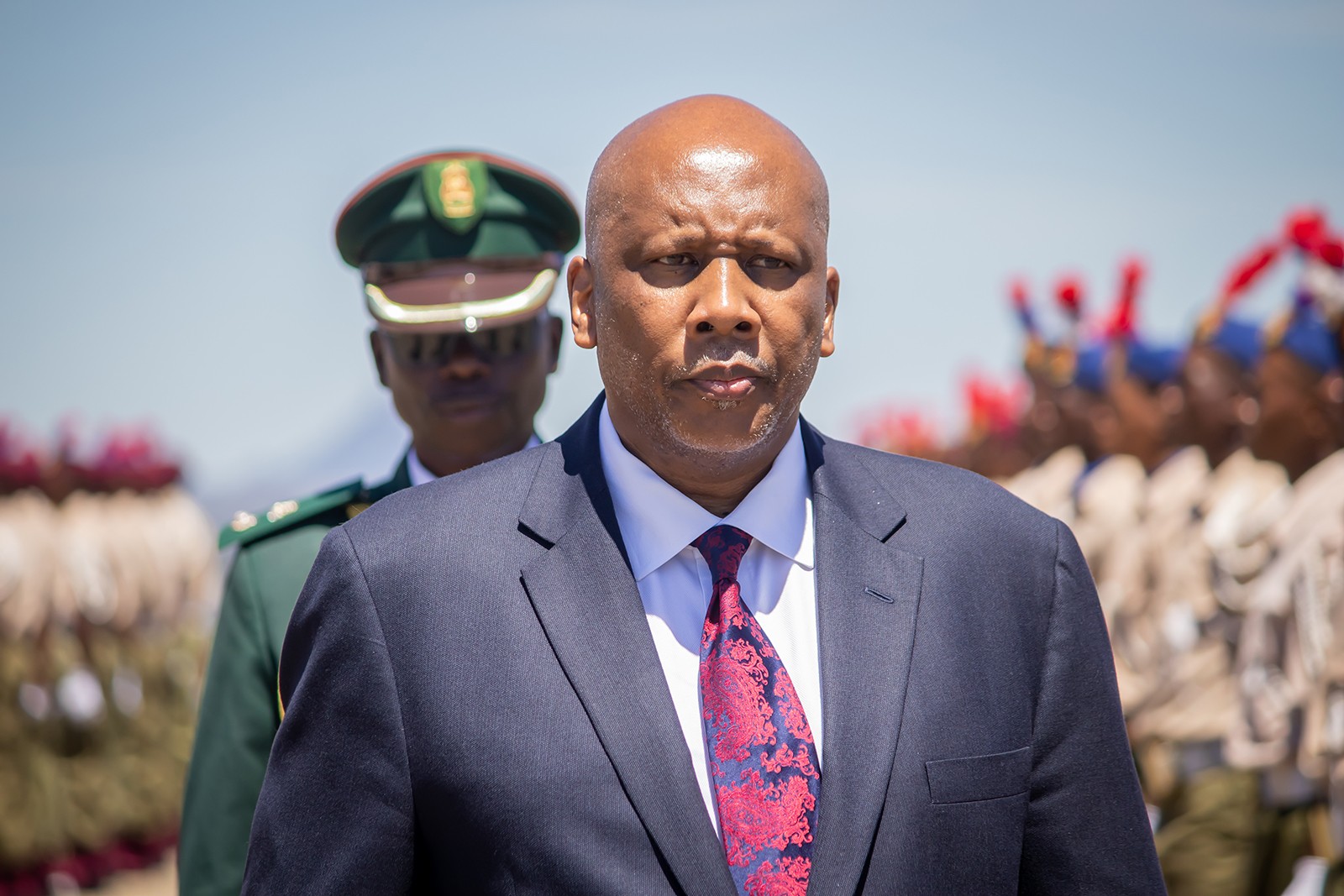



Lesotho to host SADCOPAC conference
7 days ago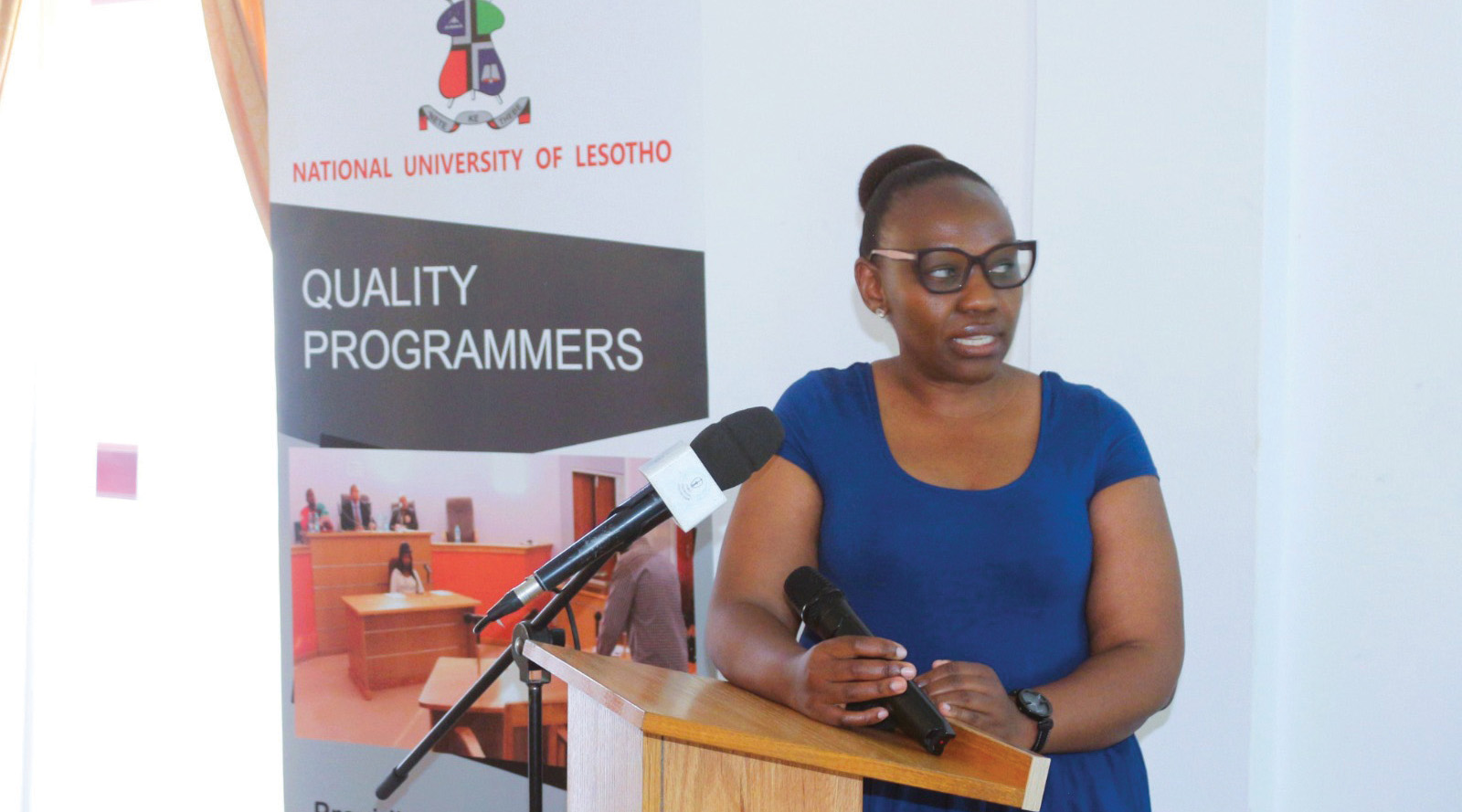
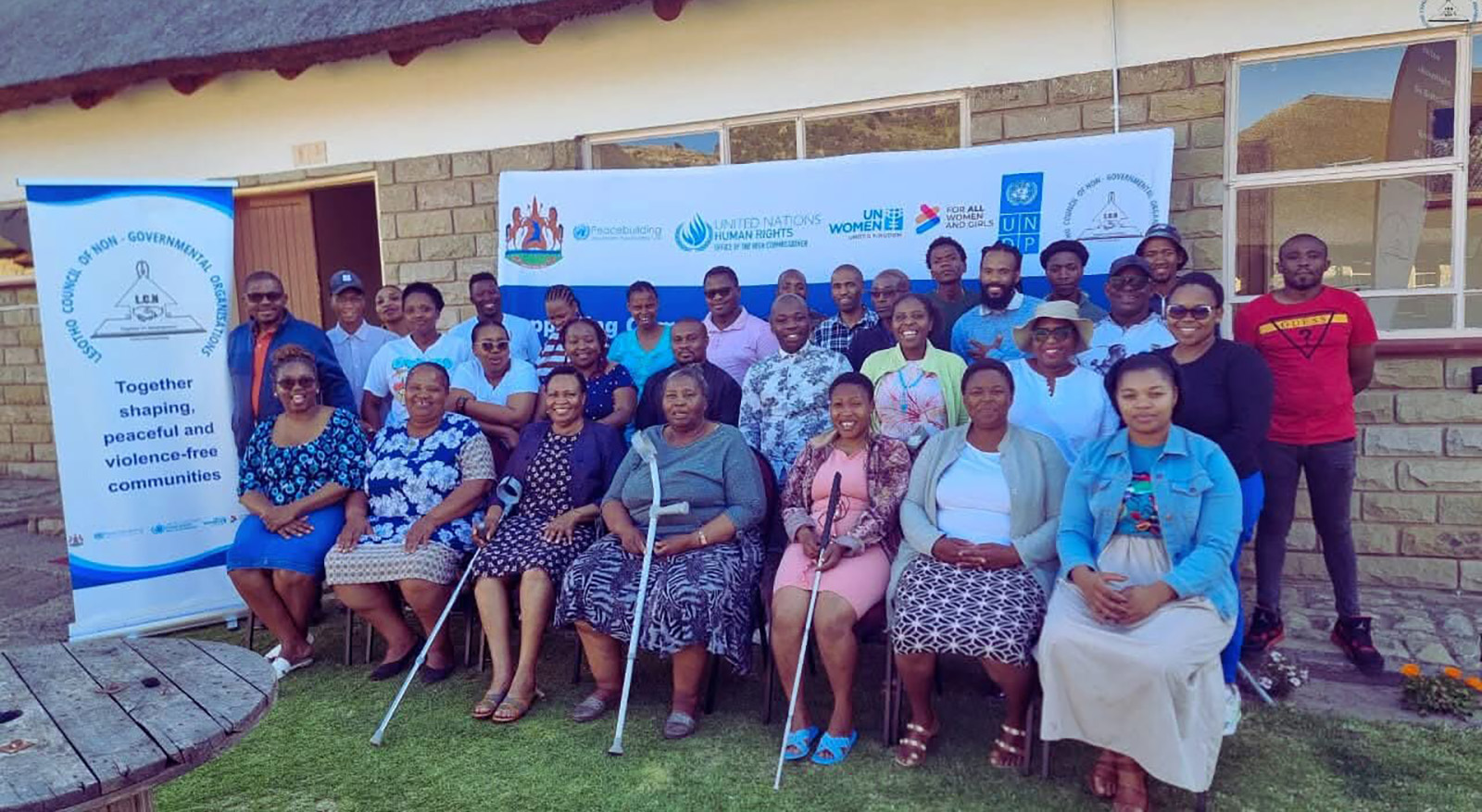
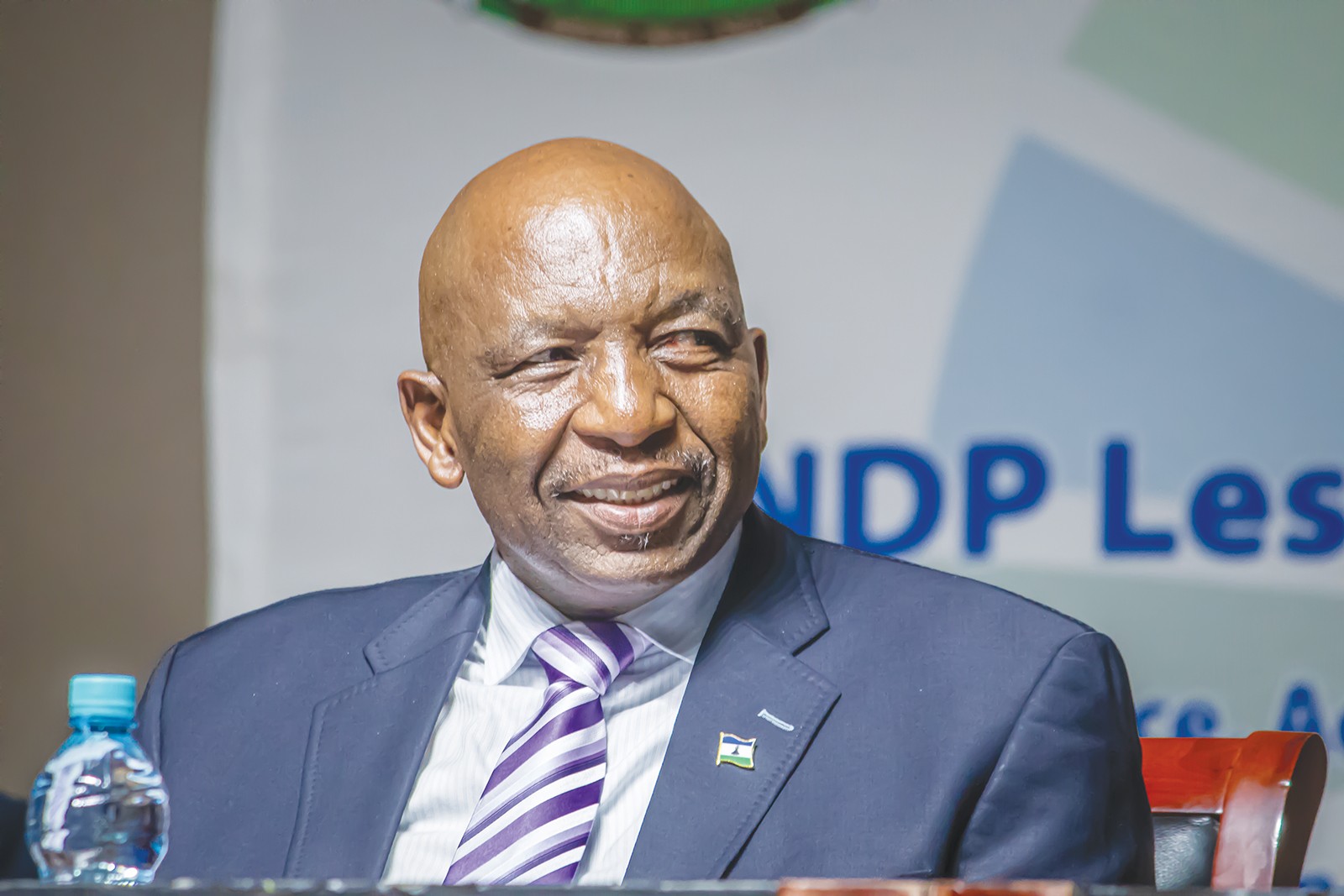
Matekane mourns former Kenyan PM Odinga
7 days ago
Man seeks justice after assault at Ha Tsosane
10 days ago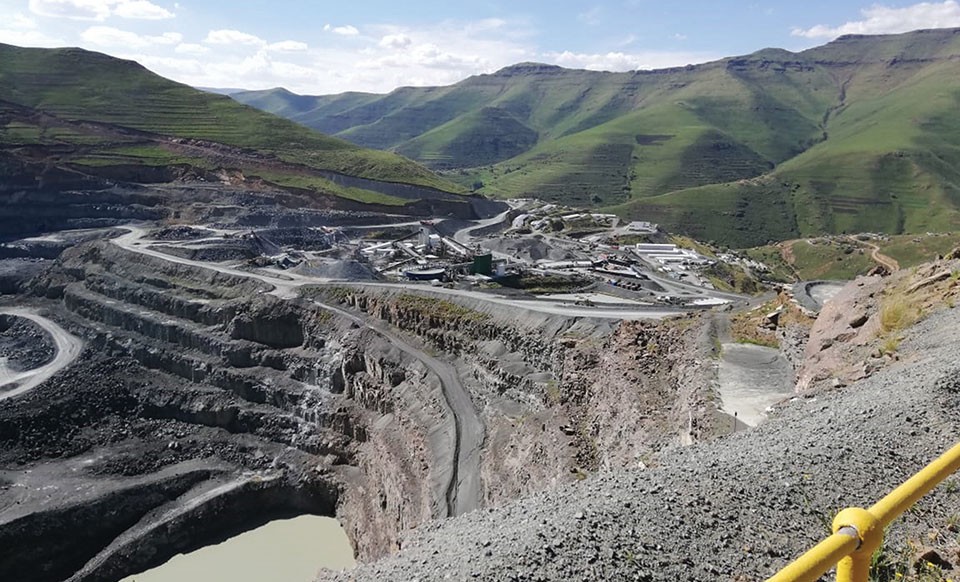
Union blasts govt as Kao Mine faces shutdown
10 days ago
NUL students invent M200 heartbeat tracker
10 days ago